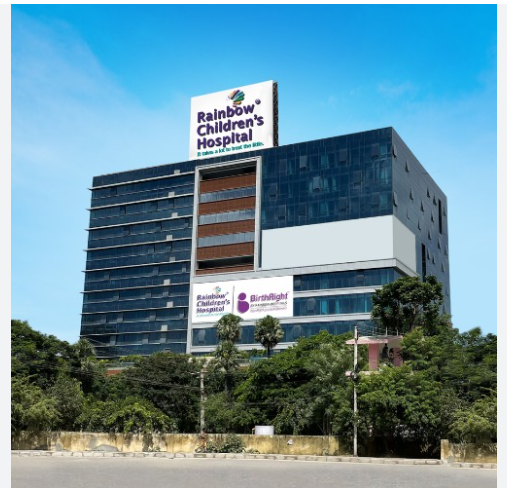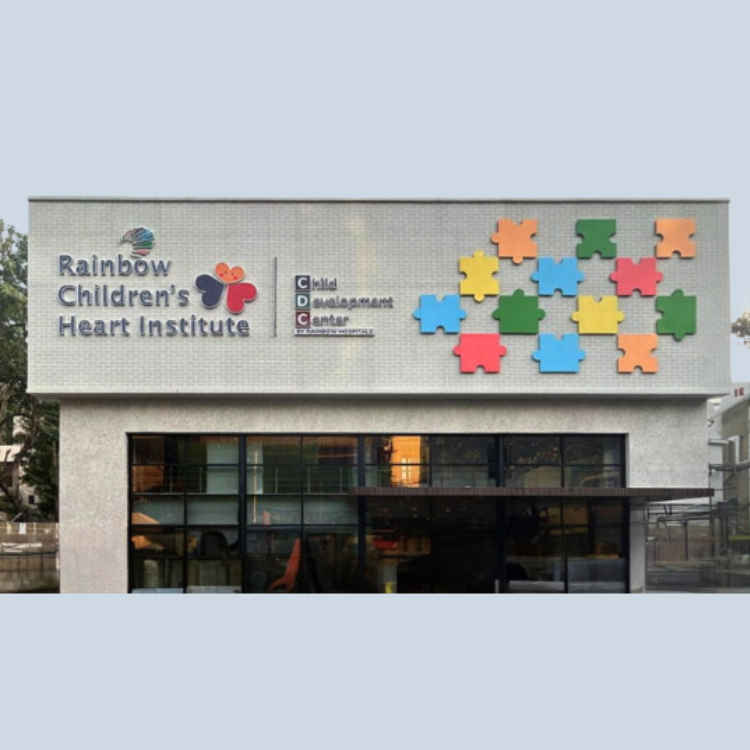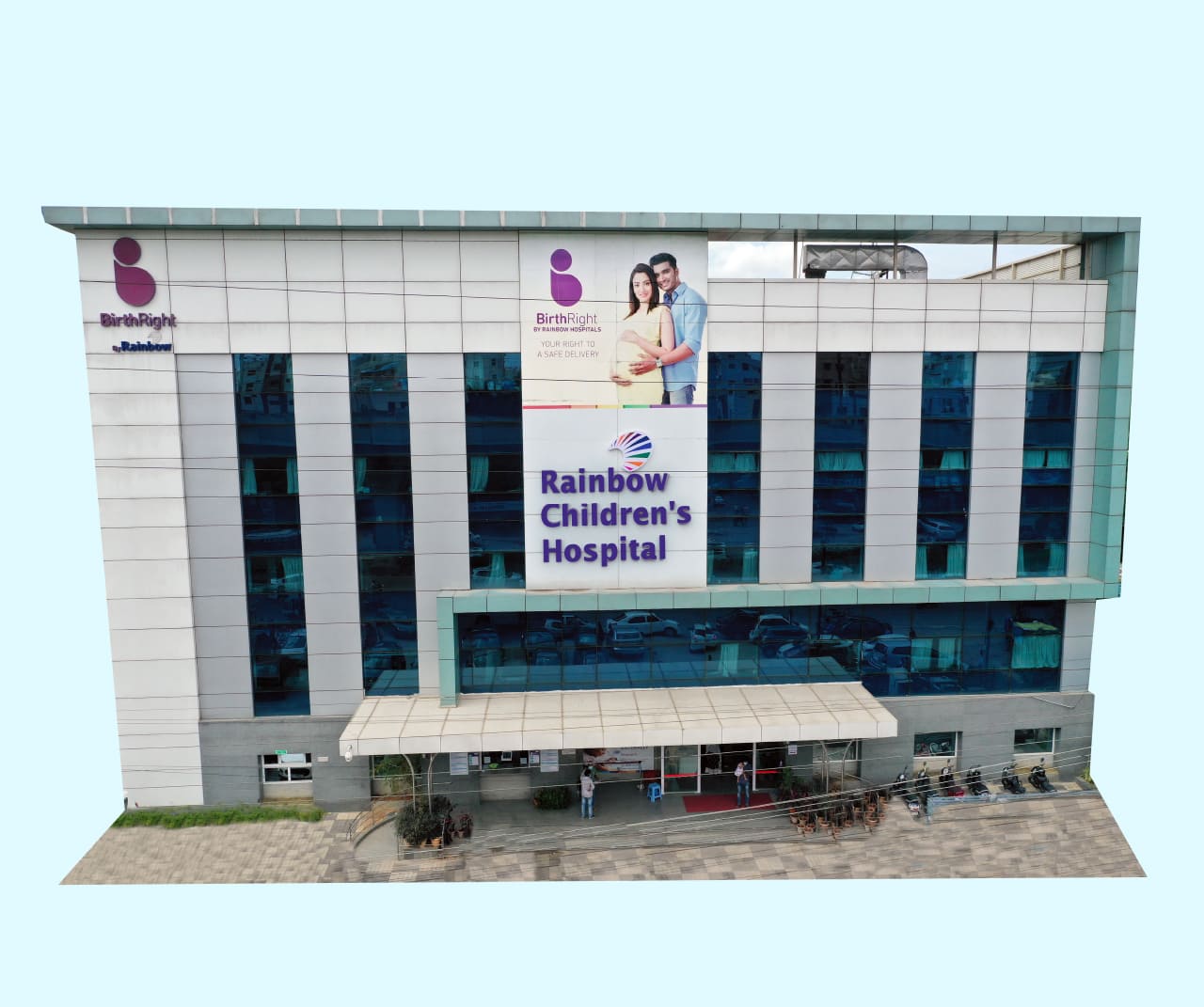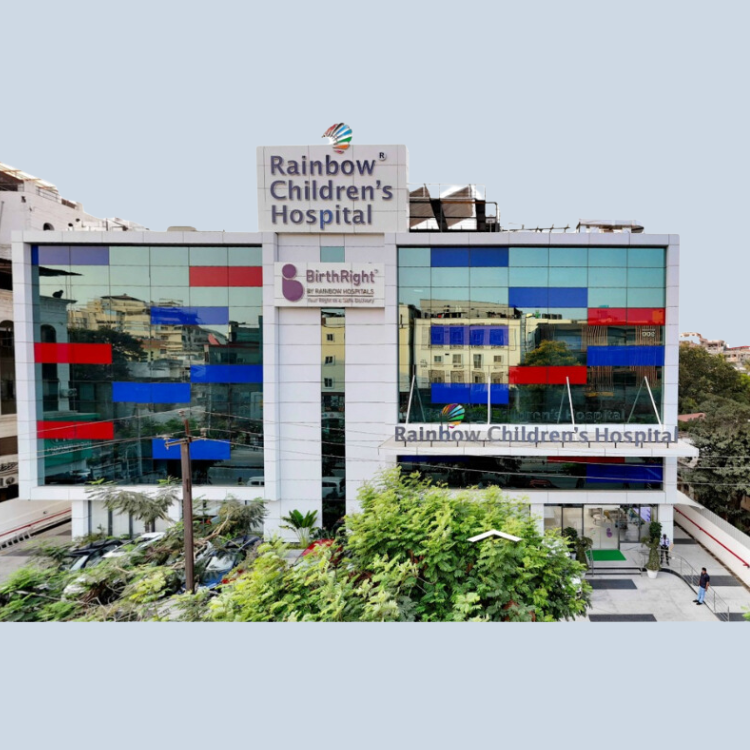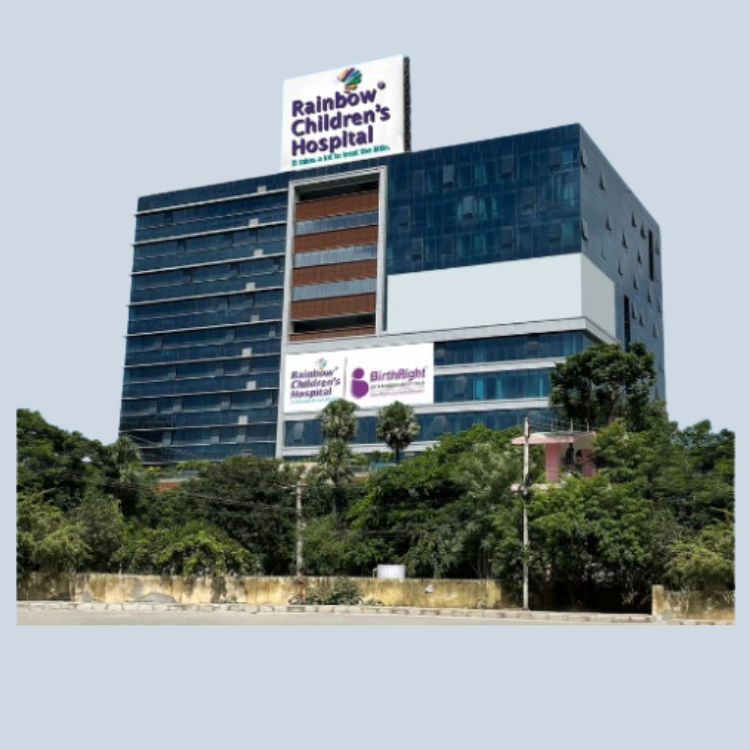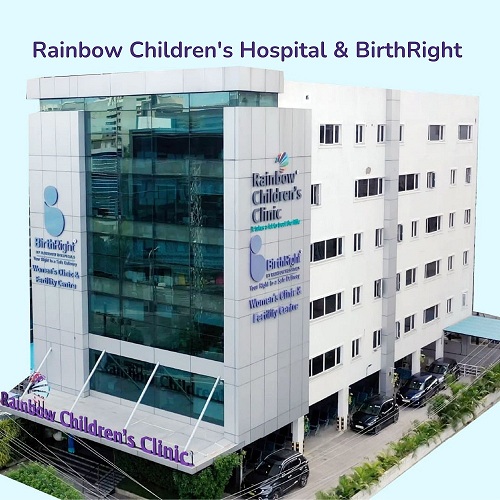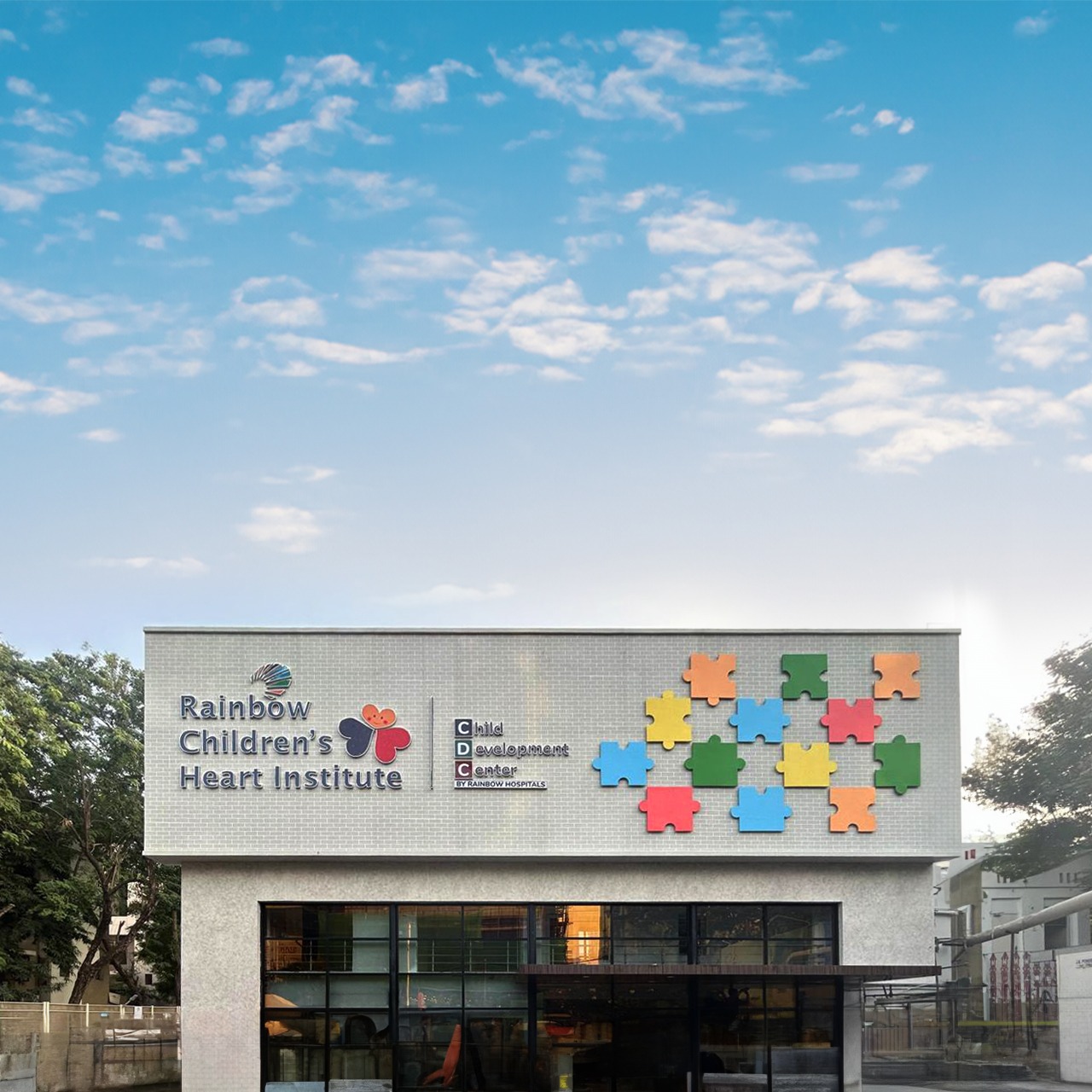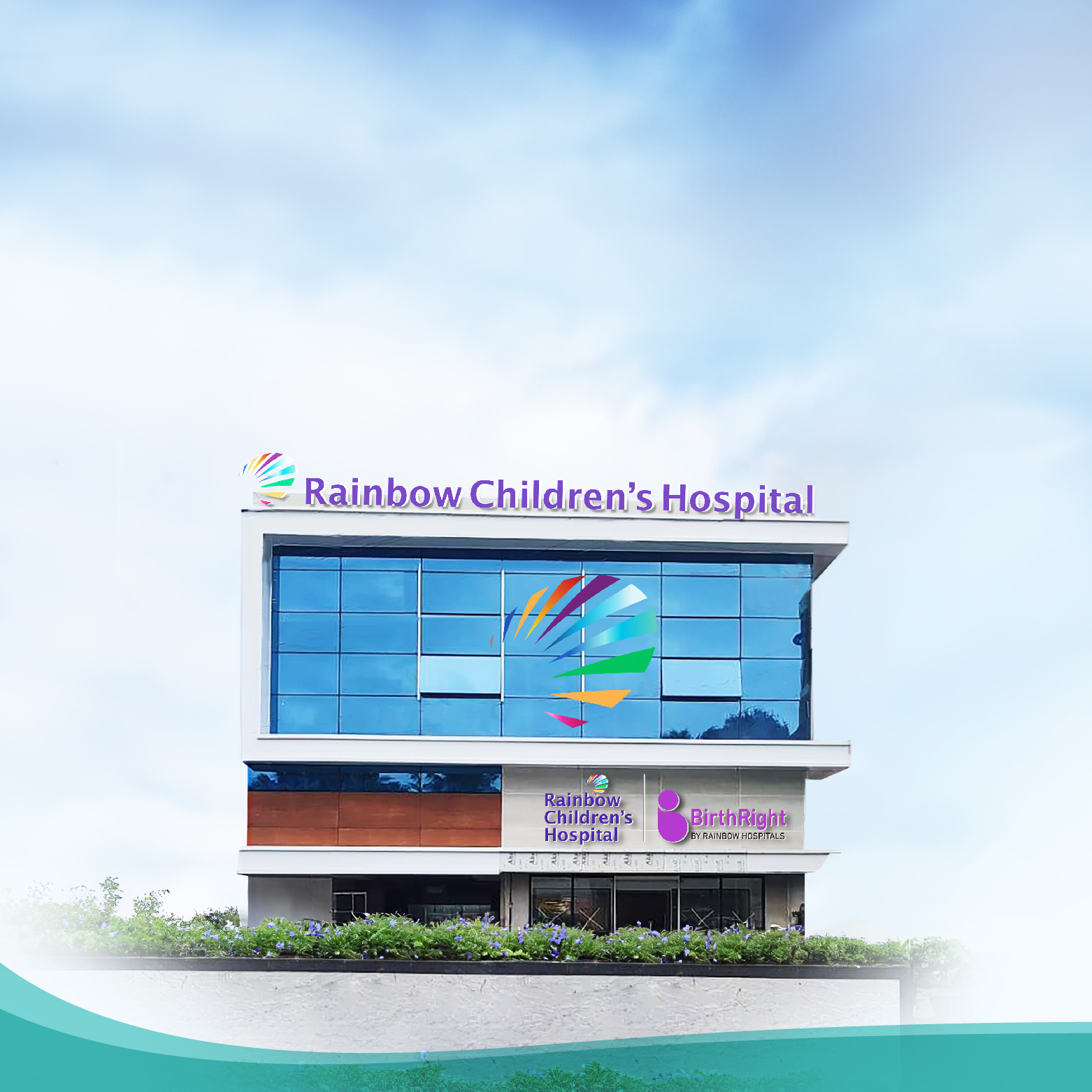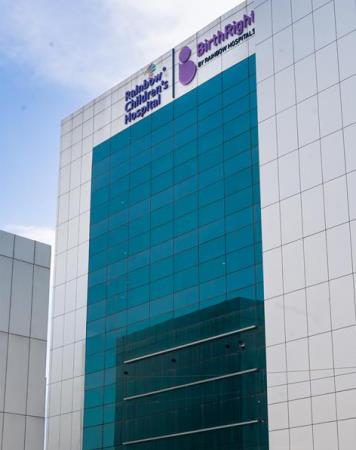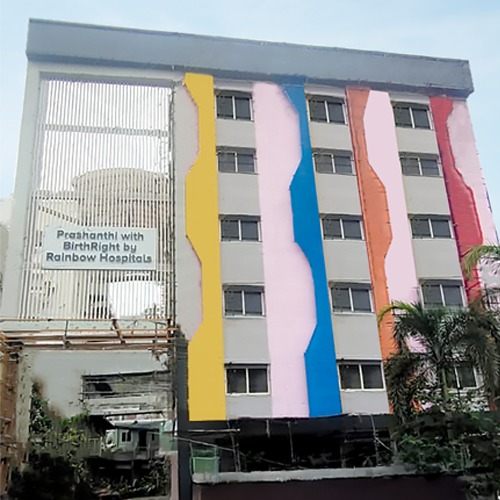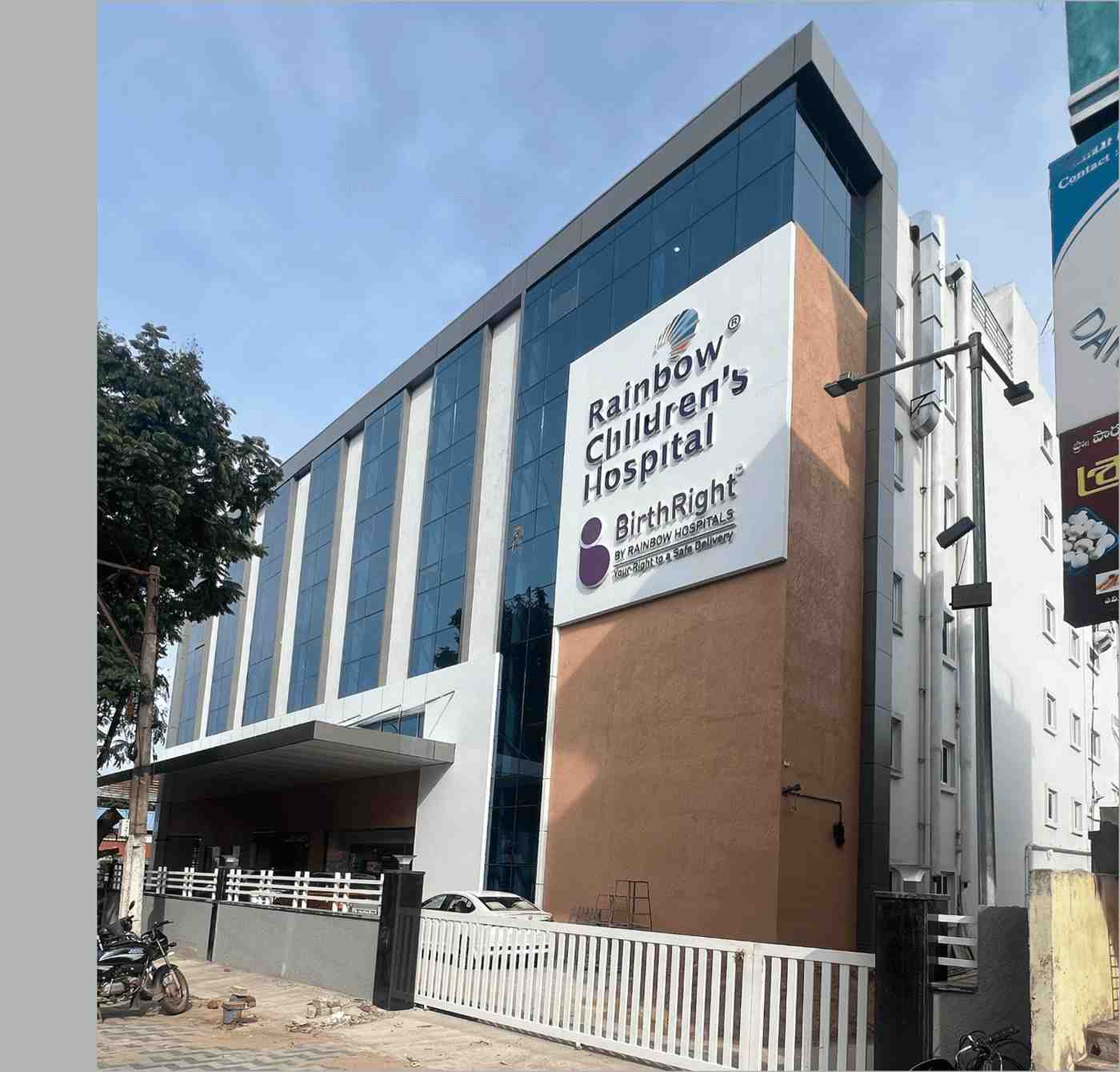Find a Doctor
Expertise you can trust, Meet our esteemed doctors who bring exceptional knowledge, compassion, and innovation to provide top-notch care for your health and well-being.
Best Treatment For Fanconi Anemia in Children, Vizag
Best Treatment For Fanconi Anemia in Children, Vizag , Fanconi anemia is a rare inherited blood disorder that affects bone marrow's ability to produce blood cells. The condition arises due to genetic mutations that impair DNA repair mechanisms, leading to bone marrow failure, anemia, and an increased risk of cancer. While there isn't a definitive cure, treatment aims to manage symptoms, prevent complications, and improve quality of life for affected children.
One of the primary approaches in managing Fanconi anemia involves supportive care to address the various complications associated with the condition. This might include regular blood transfusions to manage anemia, as well as medications to stimulate blood cell production or control bleeding and infections.
Bone marrow transplantation (BMT) is considered the most effective treatment for the bone marrow failure associated with Fanconi anemia. BMT involves replacing damaged bone marrow with healthy stem cells from a compatible donor, which can restore the body's ability to produce healthy blood cells. However, finding a suitable donor and the risks associated with the procedure make BMT a complex option that requires careful consideration and evaluation by a specialized medical team.
Additionally, individuals with Fanconi anemia require close monitoring and specialized care to detect and manage associated health concerns promptly. Regular check-ups, blood tests, and screening for cancer are essential aspects of managing this condition. Genetic counseling is also crucial for affected families to understand the inheritance pattern and potential risks for future generations.
While there is ongoing research into potential treatments like gene therapy, these approaches are still in experimental stages and not widely available for clinical use. Hence, the current focus remains on supportive care, BMT when feasible, and careful monitoring to enhance the quality of life for children with Fanconi anemia.
For personalized treatment plans and guidance, it's crucial to consult with healthcare professionals experienced in managing this rare and complex condition.

Leading Hospitals
Rainbow Children's Hospital stands as a testament to the hospital's continual pursuit of excellence and innovation, providing specialized care for women and children.
Fanconi anemia is not cancer itself, but it is associated with a higher risk of developing certain cancers, especially leukemia and solid tumors like head and neck cancers. The genetic mutations causing Fanconi anemia can lead to a higher susceptibility to cancer development.








